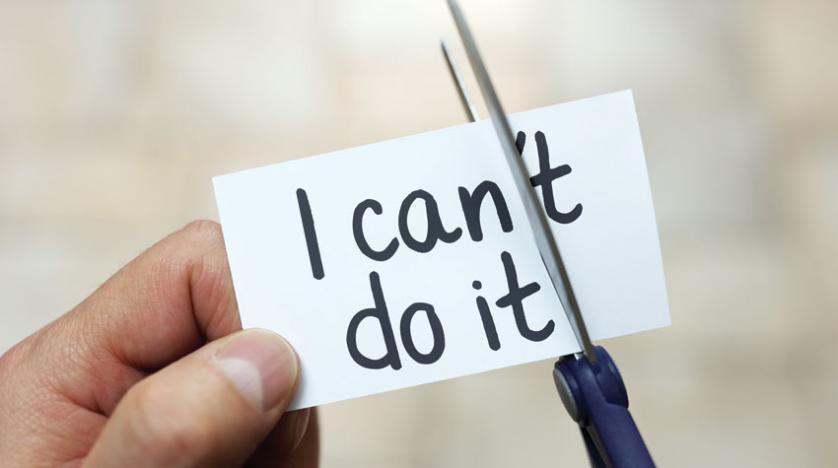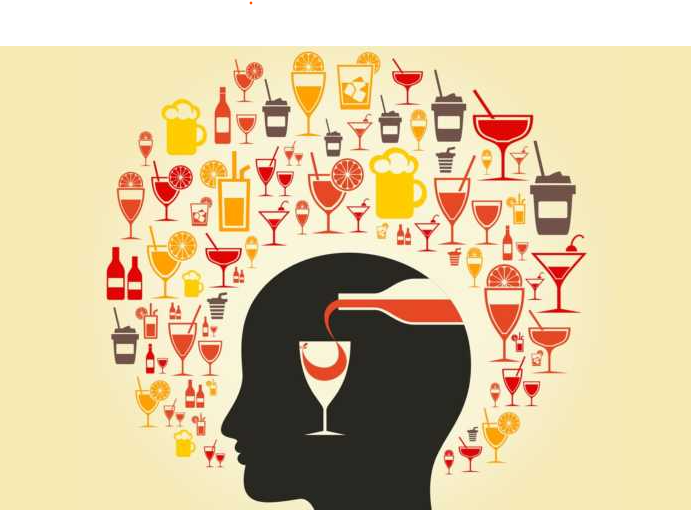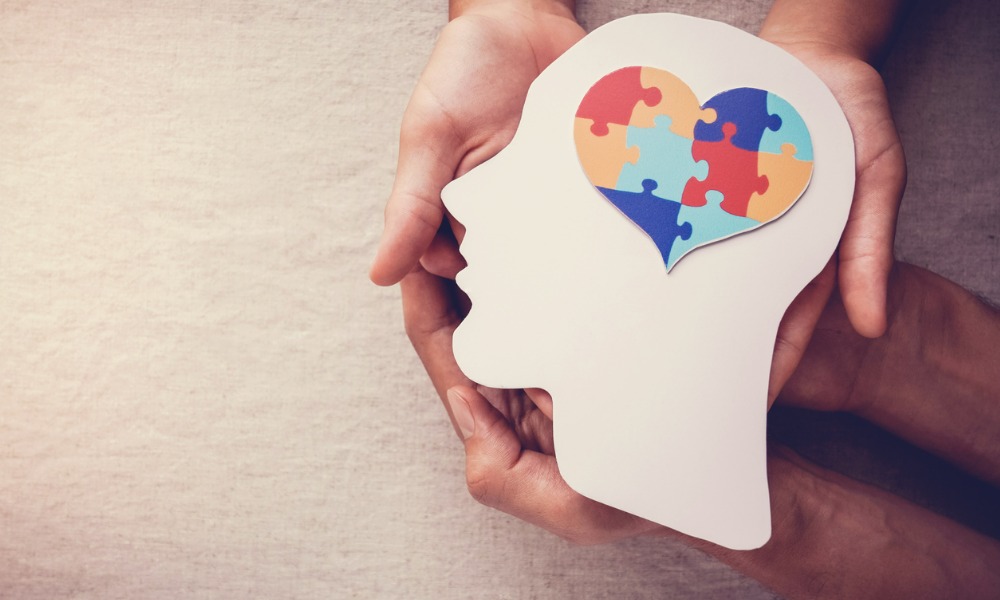There is light during COVID‑19
Imagine for a moment, back to when we were pondering about what 2020 had in store for us and considering our “New Years” resolutions, if someone said to you….”In 2020 you life is going to be very different to anything you have ever known before. You won’t be allowed to see friends or family, go to work/school and even going to the gym was definitely out”. Maybe you would have burst out laughing and proceeded to say “that would NEVER happen!”
Five months into 2020, and….this is our new “normal”. Restrictions on seeing friends and family, no gym, no restaurants or cafes, and work/school is so different to how we usually know it. Many of us made huge adjustments to life and now as restrictions are beginning to ease, we need to make huge adjustments again.
Let’s start by acknowledging that this is an unprecedented event and we are in the midst of a global pandemic. It is never been more important to look after ourselves with the priority being to be safe and manage daily living as best we can. Someone individuals are going to be able to manage with little to no impact on their well-being, however, the reality is many of us are either struggling or having difficult days here and there.
Despite these challenging times we face, so many of us might be taking on more responsibilities….whether it be at work, putting in extra hours or undertaking different responsibilities. As a business owner trying to save your business and think of innovative ideas to stay afloat. As a parent…you are now a school teacher, dance teacher or sports coach trying to ensure to continue your child’s education while still maintain your role as a parent. Or maybe you have found yourself out of work and are now learning the world of job seeking and budgeting. As most of us find ourselves trying to adapt to keep our lives running as “normal” as possible, we may find ourselves struggling in some way or another. I’d like to take a moment to say “well done, I can see you are doing the best you can, and it is ok you have some difficult days that you feel you can’t ‘keep it together’. It is ok!”.
There are a number of key signs you may want to keep an eye out for to help check in with yourself and your well-being in this time of uncertainty. Some behavioural warning signs may include: sleeping difficulties, procrastination and avoidance of tasks, excessive activity levels (are you taking on more and more AND MORE?), crying easily, more conflict within relationships, feeling on edge all the time, withdrawal and isolation (beyond the social distancing rules! Do you find yourself not answering the phone and avoiding social connection) and have you found yourself drinking more alcohol, taking drugs or other medications?
Physical warning signs are also important to keep a watch on during the COVID-19 crisis. Are you feeling exhausted? Eating more or less? Increase in somatic complaints e.g. headaches? And the not so fun changes to our gastrointestinal system?
Sometimes we notice a rollercoaster of emotions during a crisis. Are you feeling sad, depressed, anxious, fear or worry? Maybe you are experiencing irritability, anger, hopelessness, self-doubt or guilt?
This is a time to acknowledge that we are in the midst of a global pandemic. The situation creates fear, uncertainty and sickness (perhaps you have contracted COVID-19 or know someone who has or more sadly, lost someone. We are in survival mode and in that space, we might expect to be having any of the above responses to the changes we have experienced so far in 2020. Being kind to yourself is part of self-care, “it is ok to not be ok”.
What you need right now is maybe to take a break, or do something fun or relaxing. Reach out for support to your loved ones or to other professional services. This is a time where it is vital to look after ourselves, to get through this challenging time. Take some time to create a routine, aim to get plenty of sleep, maintain physical activity and eat a well-balanced diet. If you are working or studying from home, then it is important to allocate specific work hours and breaks to maintain a work/life balance. And finally do something you enjoy, whether it be your favourite TV show, or something creative or sporty or finding a cosy space to read a book….take some time just for YOU.
By acknowledging that this is a challenging road and it may impact on your well-being and resilience, we can collectively support each other and find ways to get the best quality of life. If you are feeling unusually vulnerable or less able to manage yourself then there are various support services in place including Lifeline (13 11 14). Sometimes talking problems through and learning strategies to deal with mental health can increase your sense of confidence and ability to manage things going forwards. Sometimes the support from a psychologist can be a turning point to lasting changes and improvements to your life. Our team at Emerald Psychology Practice are on board with supporting the local community through this difficult time. Our psychologists are trained in helping to manage many conditions including depression, anxiety, grief, stress and coping and so on. So, if you need additional assistance, please call to start the process of recovery.
Author
Stefany Klein


